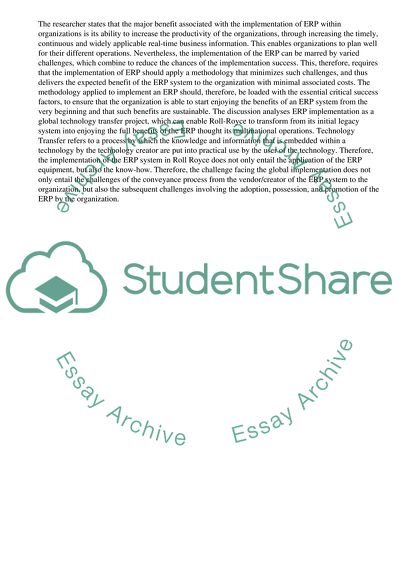Cite this document
(“Implementation Challenges and Methodology for ERP Implementation Essay”, n.d.)
Implementation Challenges and Methodology for ERP Implementation Essay. Retrieved from https://studentshare.org/management/1687557-enterprise-information-system
Implementation Challenges and Methodology for ERP Implementation Essay. Retrieved from https://studentshare.org/management/1687557-enterprise-information-system
(Implementation Challenges and Methodology for ERP Implementation Essay)
Implementation Challenges and Methodology for ERP Implementation Essay. https://studentshare.org/management/1687557-enterprise-information-system.
Implementation Challenges and Methodology for ERP Implementation Essay. https://studentshare.org/management/1687557-enterprise-information-system.
“Implementation Challenges and Methodology for ERP Implementation Essay”, n.d. https://studentshare.org/management/1687557-enterprise-information-system.


